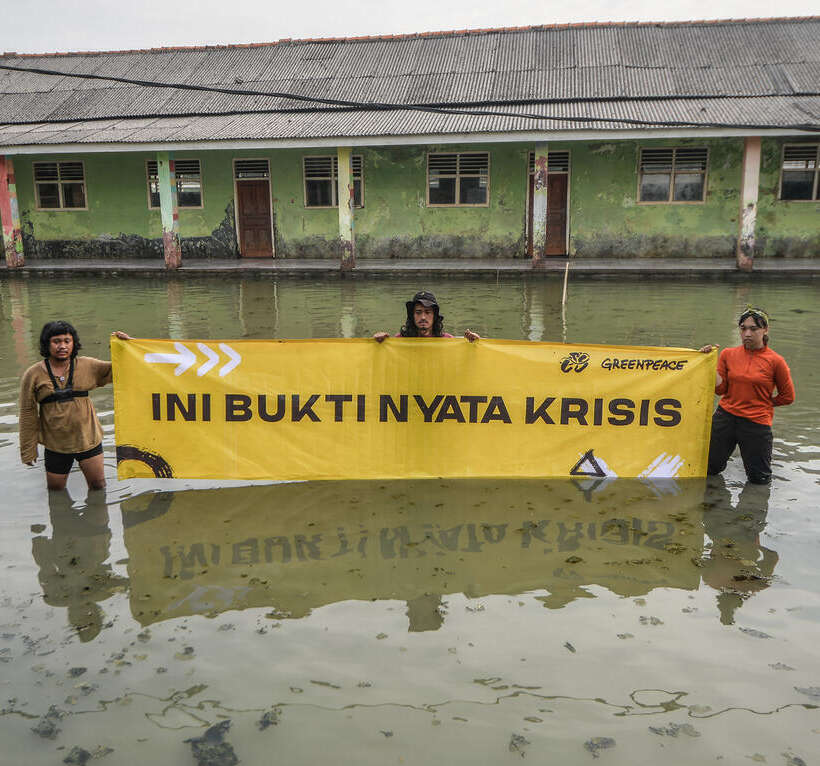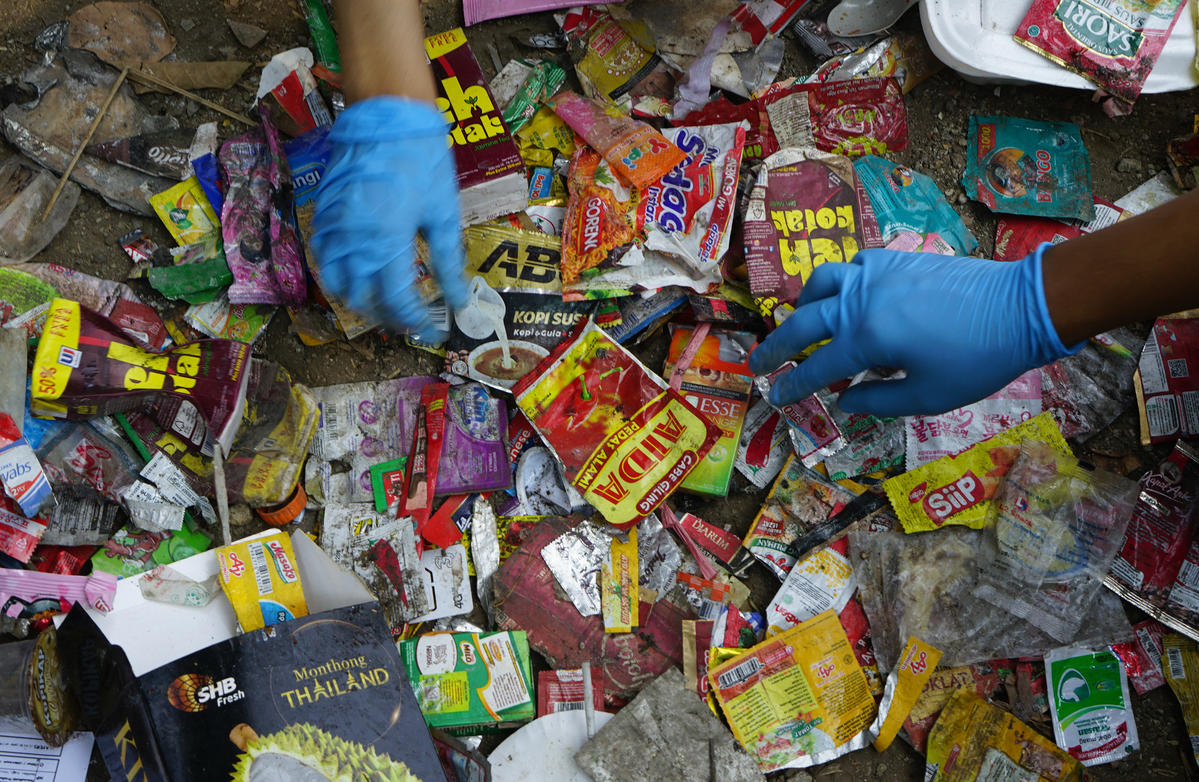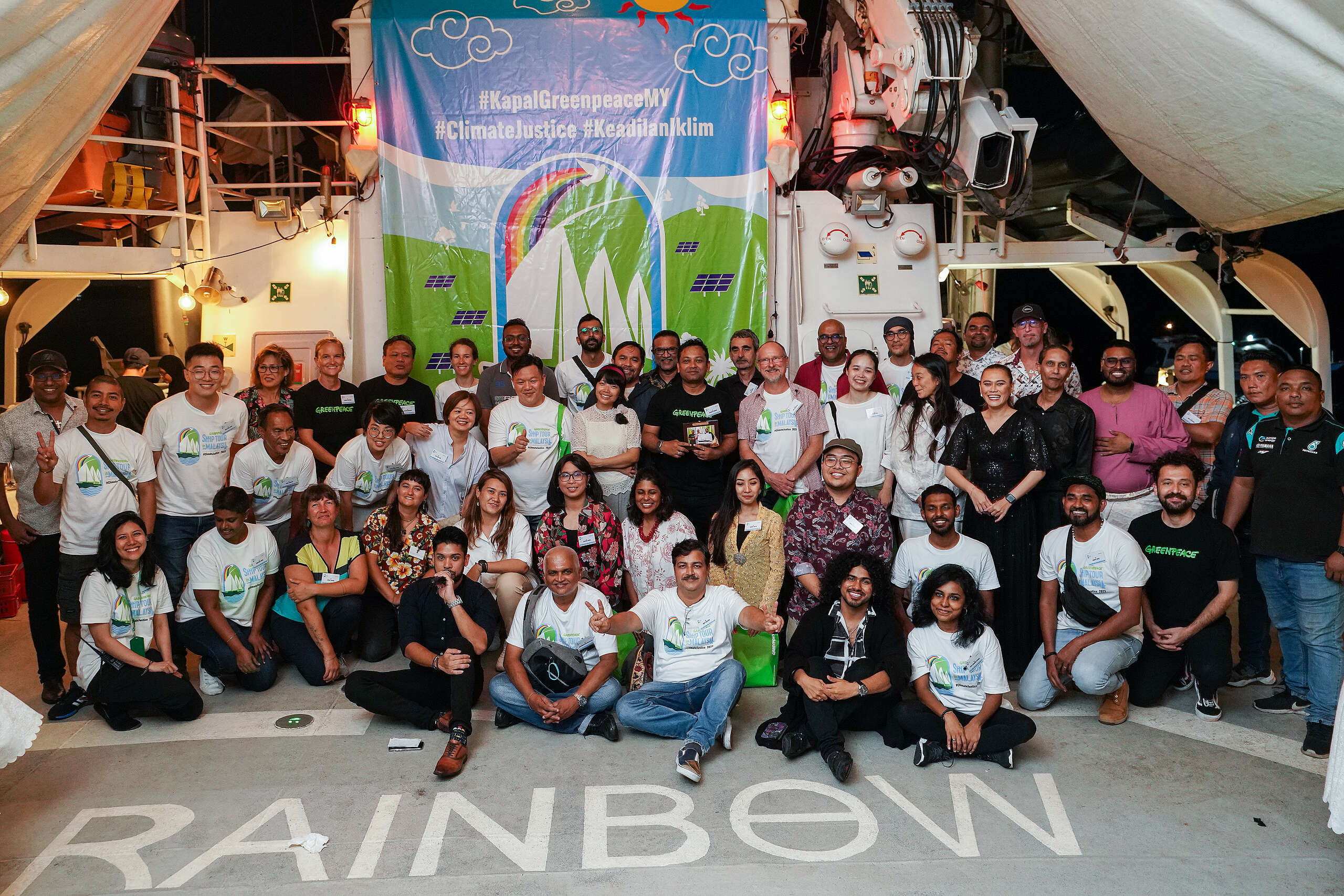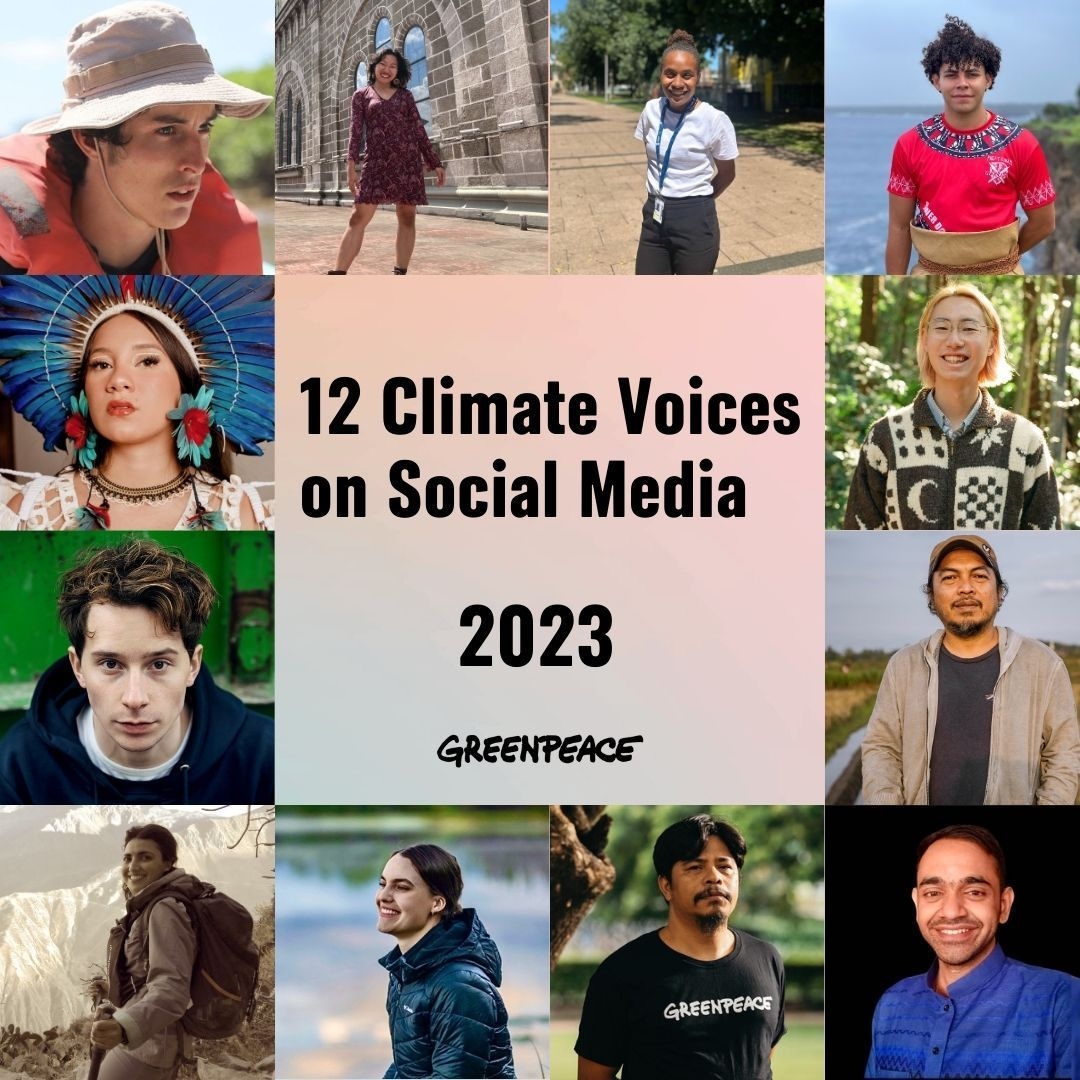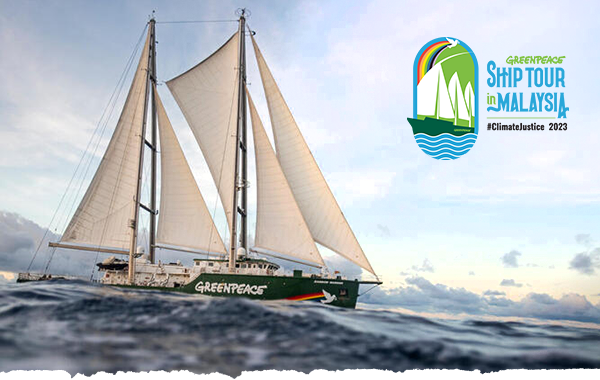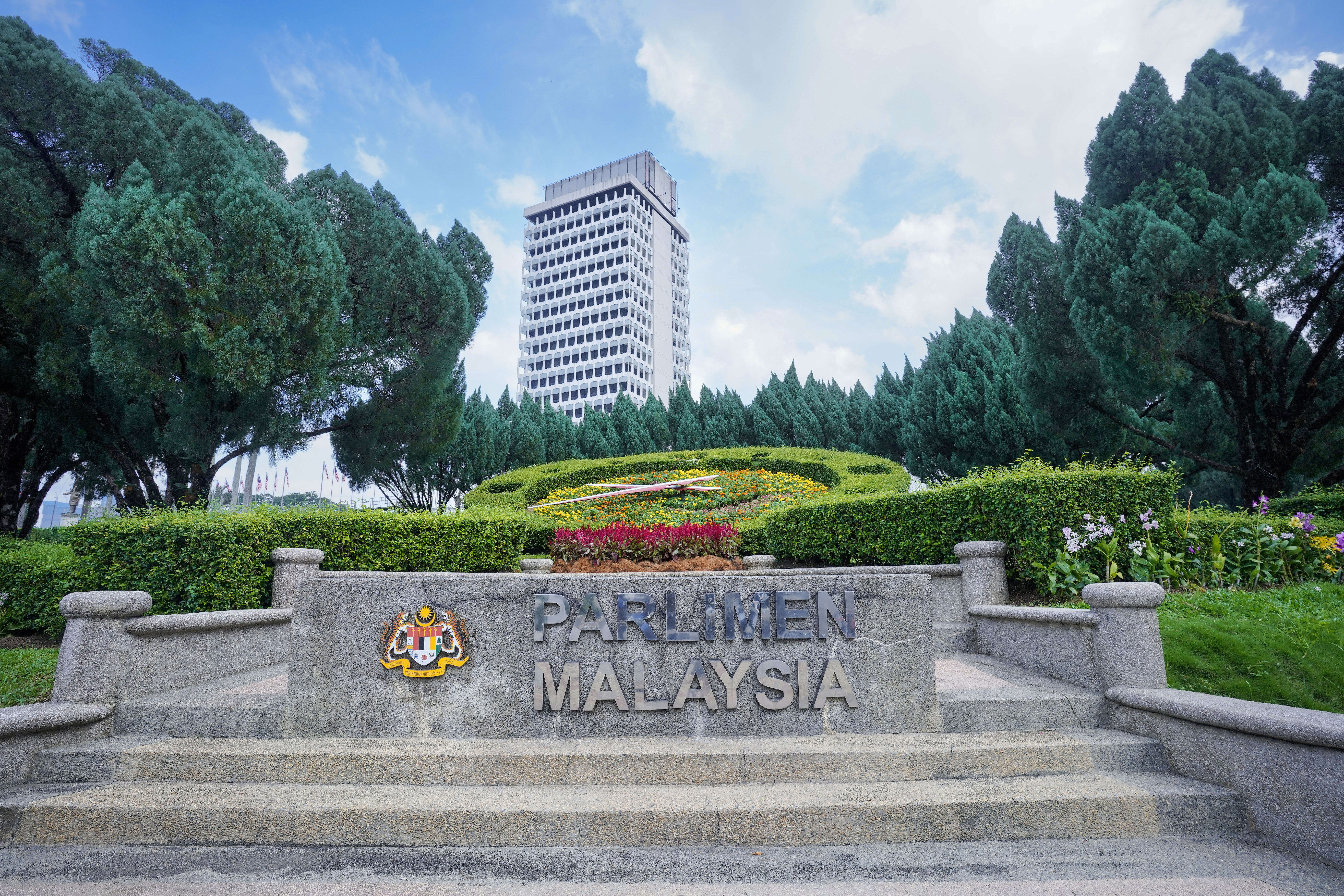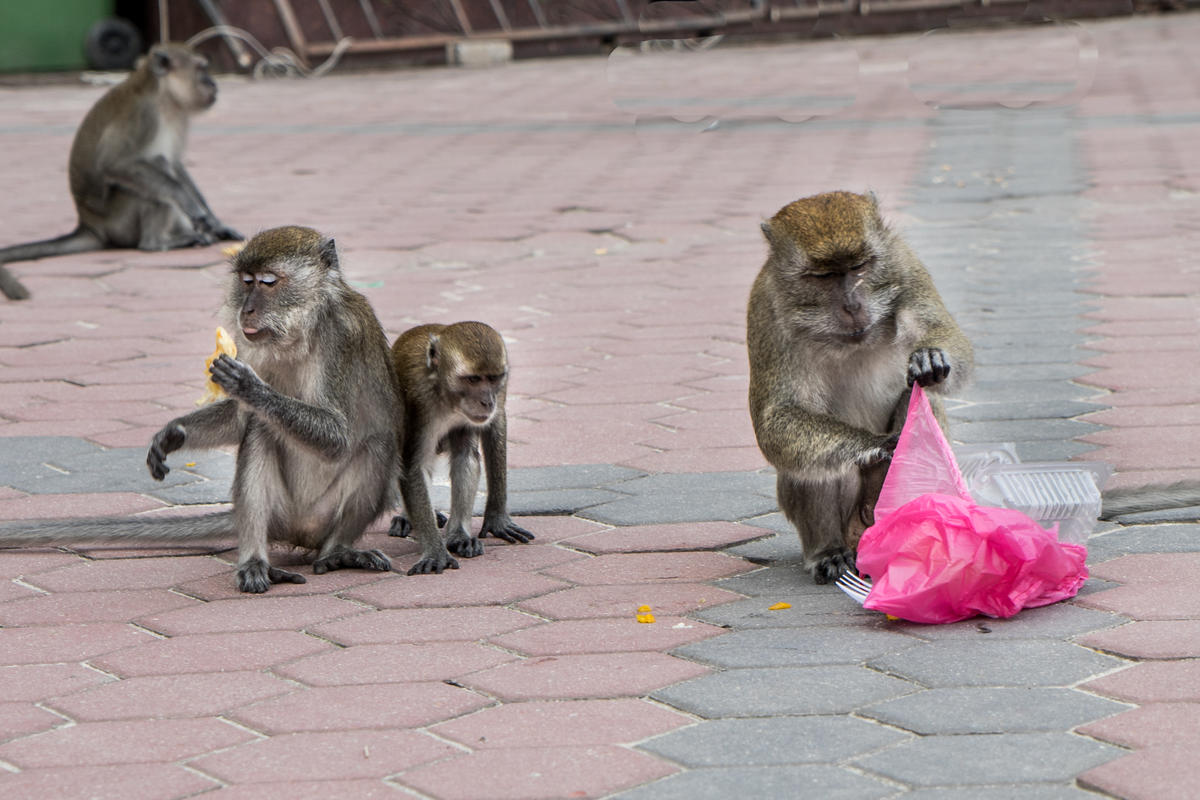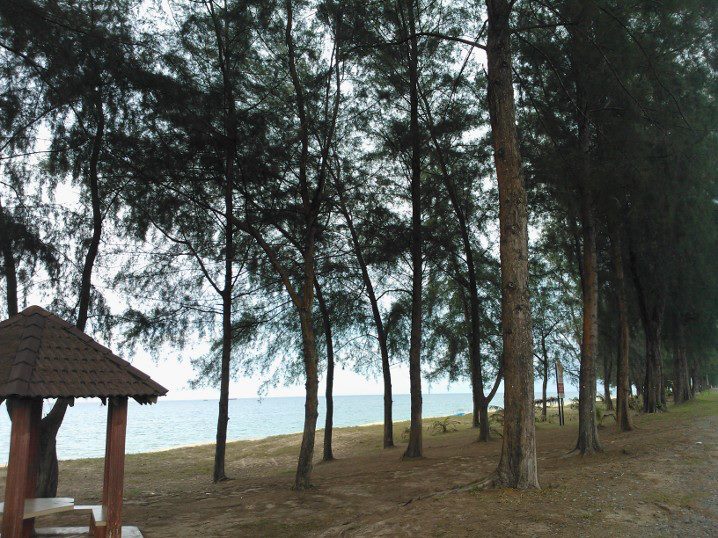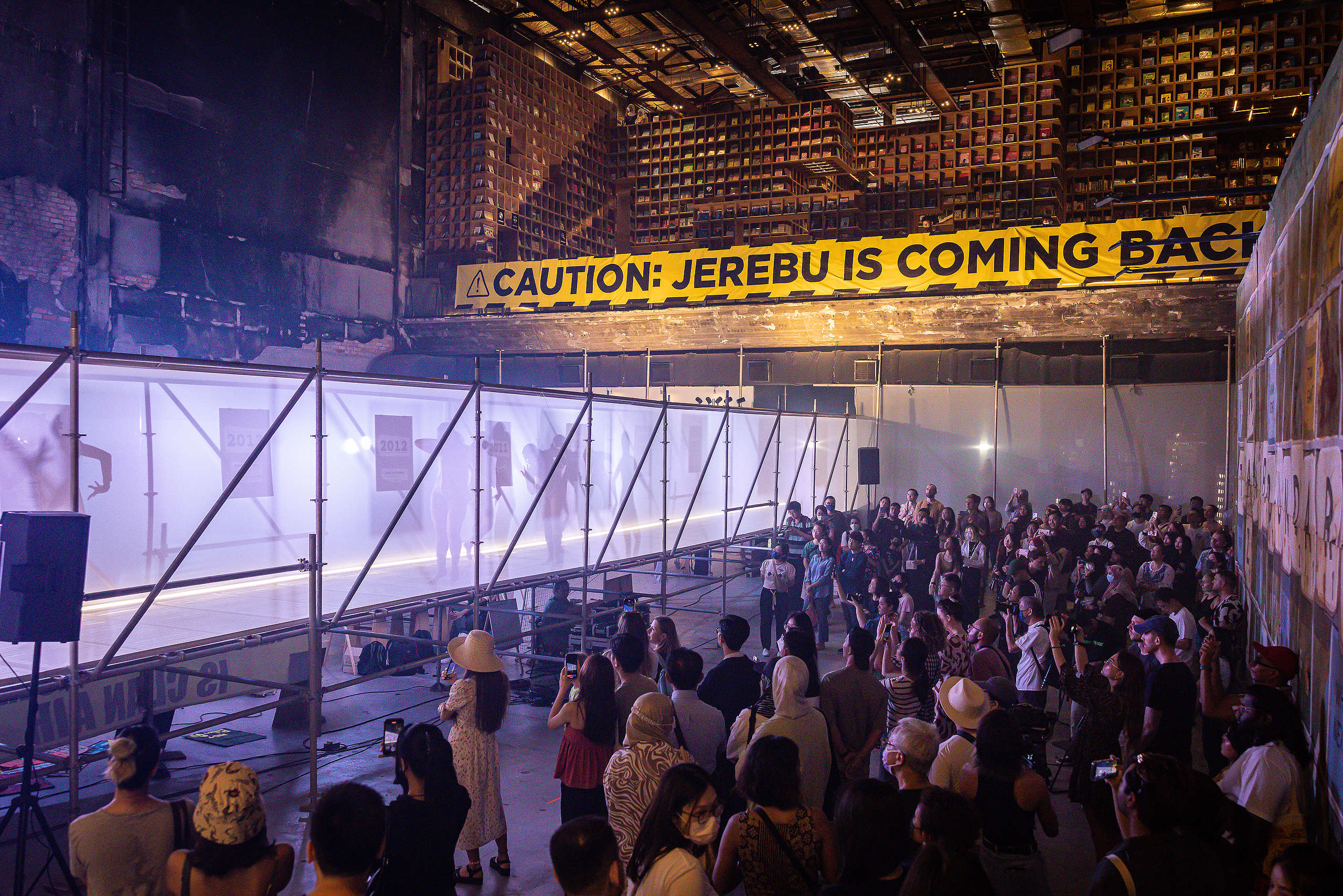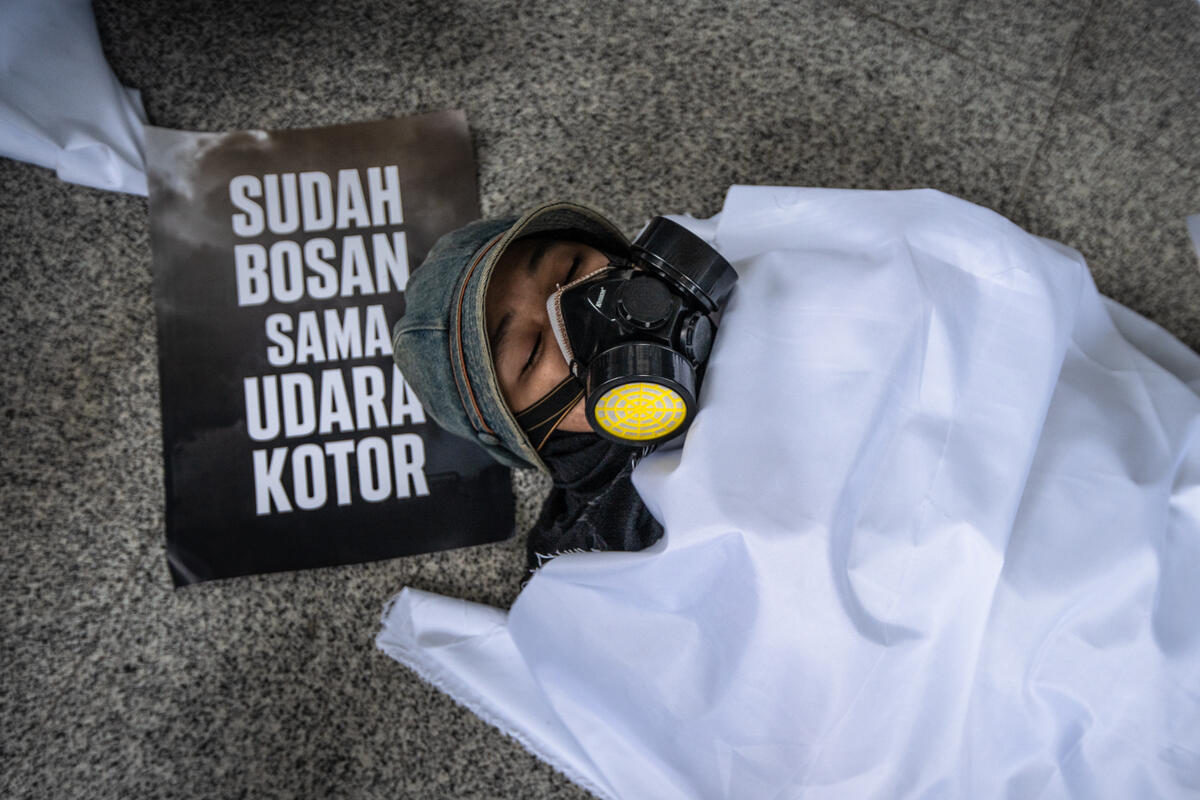-
Majlis Ulama Indonesia Mengeluarkan Fatwa Perubahan Iklim Global
Fatwa ini diharap dapat menjadi asas dan rujukan kepada penggubal dasar khususnya institusi eksekutif dan perundangan dalam menggubal undang-undang berkaitan alam sekitar.
-
Common Types of Plastic Waste Found at River Cleanups
Food wrappers, plastic bags, and bottles are major plastic polluters in Southeast Asia. Explore their environmental consequences and the need for change.
-
2023 in Review
As we bid farewell to 2023, it is essential to reflect on the strides and accomplishments made by Greenpeace Malaysia in its unwavering commitment to environmental protection and sustainability.
-
Climate Voices on Social Media of 2023
Climate Voices on Social Media features inspiring climate ambassadors around the globe who use their social media for good; a reminder that they are all around us, including you.
-
Climate Justice Ship Tour in Malaysia
The Greenpeace flagship, the Rainbow Warrior is making a comeback to Malaysia for the Climate Justice Ship Tour.
-
Greenpeace Malaysia calls for data transparency in National Budget, not greenwashing
Will Budget 2024 be used effectively to tackle public safety concerns in relation to climate change?
-
Why we need a strong Global Plastics Treaty
Our world is being destroyed by throwaway plastic. Plastic pollution has flooded our planet, harming people’s health, accelerating social injustice, destroying biodiversity and fueling the climate crisis.
-
#UndiIklim | Terengganu: A series of stories on six states
The environmental and political challenges facing my father's hometown in Dungun, Terengganu.
-
Clearing the Air on Transboundary Haze with Art, Film and Activism
Greenpeace Malaysia wraps up the timely ‘Haze: Coming Soon’ activist art exhibition, drawing over 6,000 visitors, including policy makers, as the ASEAN transboundary haze meeting approaches. Visitors experience ‘artivism’ up-close…
-
No safe levels of pollution: Greenpeace actions against dirty air in 2022
Air pollution is one of the biggest environmental risks to health. No amount of air pollution is safe for human beings.

